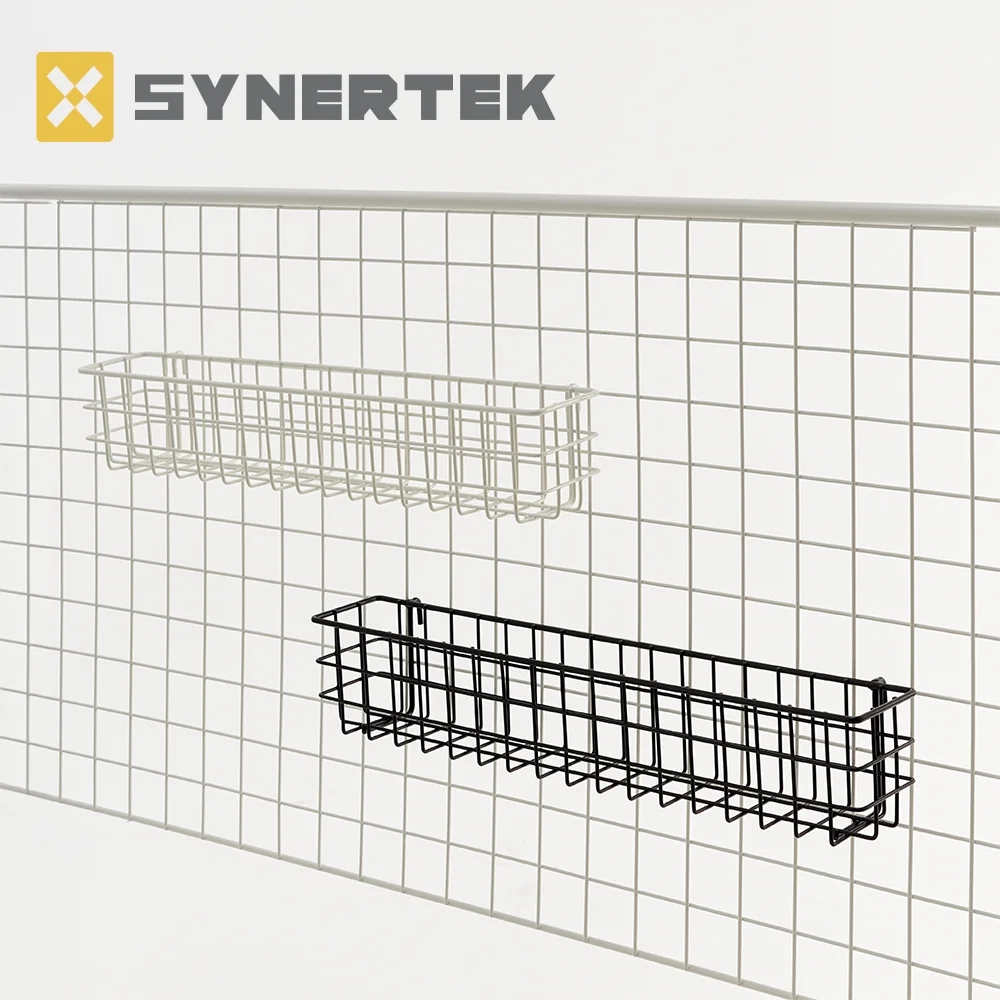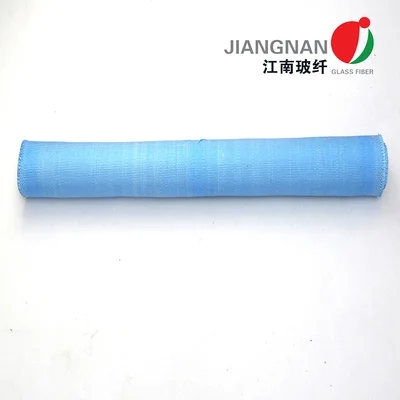When it comes to transforming your garage into a functional and aesthetically pleasing space, one of the most critical decisions revolves around the choice of wall coverings. The right material not only enhances the visual appeal but also contributes to the durability and functionality of the garage. In this comprehensive guide, we will explore various materials available for covering garage walls, weighing their pros and cons to help you make an informed decision.
- Understanding the Garage Environment
Before diving into specific materials, it’s essential to understand the unique environment of a garage. Garages often experience fluctuations in temperature and humidity, exposure to chemicals, and potential impacts from tools and equipment. Therefore, the ideal wall covering should be resilient, easy to maintain, and capable of withstanding these challenges.
- Popular Materials for Garage Wall Coverings
a. Drywall
Pros:
- Cost-Effective: Drywall is one of the most affordable options for garage walls.
- Ease of Installation: It can be easily cut and installed, making it a popular choice for DIY enthusiasts.
- Finishing Options: Drywall can be painted or textured, allowing for customization.
Cons:
- Susceptible to Moisture: In humid environments, drywall can absorb moisture, leading to mold and mildew.
- Impact Vulnerability: It can be easily damaged by tools or heavy equipment.
b. Plywood
Pros:
- Durability: Plywood is robust and can withstand impacts better than drywall.
- Versatility: It can be painted or stained, providing a range of aesthetic options.
- Moisture Resistance: When treated, plywood can resist moisture better than drywall.
Cons:
- Cost: Higher-quality plywood can be more expensive than drywall.
- Installation Complexity: Requires more skill to install properly.
c. Metal Panels
Pros:
- Longevity: Metal panels are incredibly durable and resistant to moisture, pests, and fire.
- Low Maintenance: They require minimal upkeep and can be easily cleaned.
- Industrial Aesthetic: Metal provides a modern, industrial look that many homeowners appreciate.
Cons:
- Cost: Initial investment can be higher than other materials.
- Insulation: Metal does not provide insulation, which may be a consideration in extreme climates.
d. Vinyl Wall Panels
Pros:
- Water Resistant: Vinyl panels are impervious to moisture, making them ideal for humid environments.
- Easy to Clean: They can be wiped down easily, making maintenance a breeze.
- Variety of Styles: Available in numerous colors and textures, vinyl can mimic other materials.
Cons:
- Installation: Requires proper installation to avoid warping.
- Environmental Concerns: Some vinyl products may not be eco-friendly.
e. Fiberglass Reinforced Panels (FRP)
Pros:
- Durability: FRP is highly resistant to moisture, chemicals, and impacts.
- Hygienic: Its non-porous surface prevents mold and bacteria growth.
- Easy Installation: Panels can be installed quickly and efficiently.
Cons:
- Cost: Generally more expensive than traditional drywall.
- Limited Aesthetic Options: While functional, FRP may not offer the same aesthetic appeal as other materials.
- Factors to Consider When Choosing Garage Wall Coverings
When selecting the best material for your garage walls, consider the following factors:
- Budget: Determine how much you are willing to spend on materials and installation.
- Functionality: Assess how you use your garage. Will it serve as a workshop, storage area, or recreational space?
- Aesthetic Preferences: Consider the overall look you want to achieve.
- Climate and Environment: Take into account the local climate and any specific environmental challenges your garage may face.
- Conclusion
Choosing the right material to cover your garage walls is a decision that impacts both functionality and aesthetics. Each material has its unique advantages and disadvantages, and the best choice will depend on your specific needs and preferences. Whether you opt for the affordability of drywall, the durability of plywood, or the modern appeal of metal panels, ensuring that your garage walls are well-covered will enhance the overall utility and appearance of your space.



